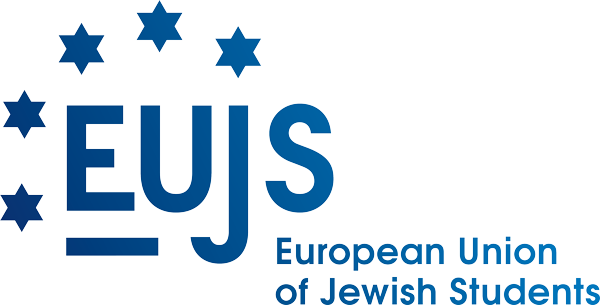EUJS President Benny Fischer attended a training seminar run by the OSCE – The Organization for Security and Co-operation in Europe on “Advancing Tolerance and Non-Discrimination through Coalition Building and Co-operation”. On Wednesday, a panel discussion was held, bringing together Civil Society Organisations (CSOs) with National Points of Contact on Combating Hate Crimes (NPCs) from all OSCE member states. During this, Benny gave a presentation on some of the outcomes achieved with the CSO-working group to the panel.
Both EUJS and AGBU Europe presented the “Europe of Diasporas” project as a successful example for strengthening collaboration and enhancing partnerships to build strong coalitions between minority groups. The conference was attended by Civil Society Organization representatives of OSCE member states who discussed hate crimes and other acts of intolerance targeting religious, national and racial minorities, migrants, LGBT people, and other vulnerable groups and the opportunities for building coalitions to overcome the challenges they face. At this conference, Ruben Davtyan (AGBU Europe), Benjamin Fischer (European Union of Jewish Students) and Ismael Cortés Gómez (Phiren Amenca) presented the project “Europe of Diasporas”and stressed the important role of the project in building collaboration between Europe’s diasporas.
“The project should help us to create a category in Europe for diasporas on their own rights, and to articulate a framework to make us all stronger. We should no longer be defined by what we lack, but by what we contribute: not stateless, but networked for instance; not exiles, but partners in European history from the beginning; not dispersed, but European in scale; not victims to be defended, but actors” – said Ismael Cortés Gómez in his speech.
Parallel to the conference, the annual meeting of National Points of Contact on hate crimes was held in order to foster dialogue between civil society participants and government officials. Addressing the importance of the cooperation between civil society and governments, Wade Henderson (US), President of the Leadership Conference on Civil and Human Rights said: “Building coalitions across the wide spectrum of civil society is an incredibly powerful tool to create the will to counter hate crimes and other acts of bigotry and intolerance. […]. By working in a coalition, we are able to present common approaches and develop effective strategies to meet our common goals.”
The main outcomes of the conference were the sharing of experience and the exploration of methods for co-operation between states and civil society. The conference also examined good practices in civil society coalition-building and the best ways for civil society groups to come together and engage governments effectively. OSCE/ODIHR is planning to organize further events in the topic of hate crimes also in 2016 where the concrete incidents of hate crimes and challenges for overcoming them will be highlighted.
The “Europe of Diasporas” is a first step towards the establishment of a network of diasporas in Europe. This network will aim to help develop, affirm and popularize the notion of European diasporas and encourage the idea that identities need not be tied to a territory or to a source of authority to be legitimate and valuable.






















